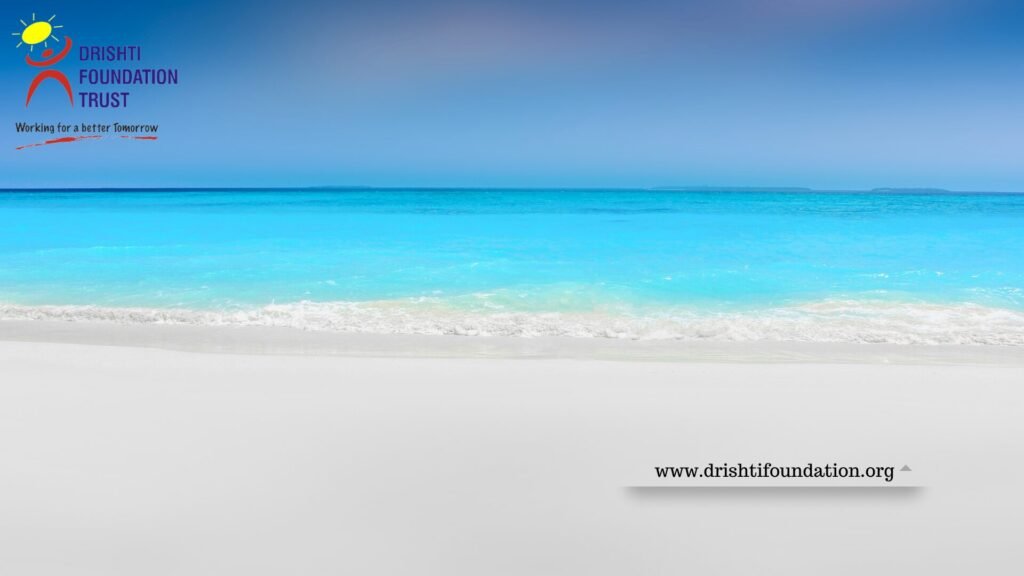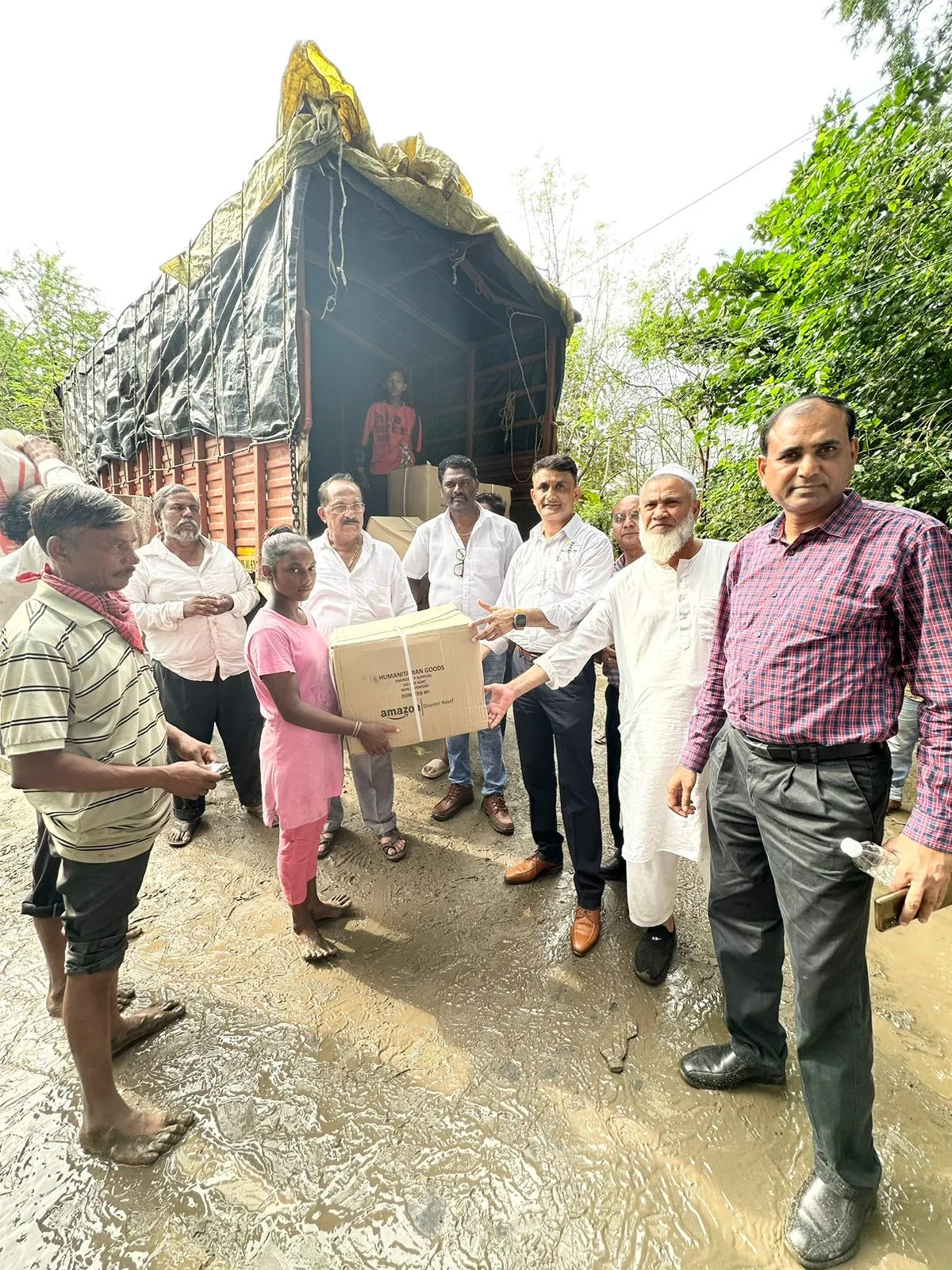Review of Environmental Hazard – Ocean Dumping

Ocean dumping, also known as marine dumping, is a critical environmental hazard threatening the health of our oceans and the delicate ecosystems they support. Defined as the deliberate disposal of waste—ranging from industrial byproducts and sewage to plastic debris—into marine waters, ocean dumping significantly contributes to pollution, habitat destruction, and biodiversity loss.
What Is Ocean Dumping?
Ocean dumping refers to the disposal of various materials into the sea, including:
- Industrial waste containing hazardous substances like cryolite, DDT, and mercury.
- Sewage and waste from aircraft and ships.
- Plastic debris, which remains non-degradable for years.
- Radioactive materials from offshore platforms and other sources.
This practice severely impacts marine ecosystems, as these substances reduce oxygen levels in the water, destroy habitats, and increase toxicity, posing grave threats to marine life.
A Snapshot of the Problem
According to recent reports:
- Over one million seabirds die annually due to ocean pollution.
- Thousands of dolphins and porpoises succumb to increased human interventions.
- Plastic debris contributes to oxygen depletion in oceans, directly endangering marine biodiversity.
Drishti Foundation Trust, with its more than a decade-long commitment to environmental sustainability, recognizes the urgent need to address these issues. Through its focus on river rejuvenation, water conservation, and ocean cleaning, the Foundation is actively involved in mitigating such hazards in India.
The Effects of Ocean Dumping
1. Impact on Marine Ecosystems
Marine dumping leads to eutrophication—a process triggered by excessive nutrients in the water, often from untreated industrial wastewater. This results in algal blooms that:
- Deplete oxygen levels, suffocating marine species.
- Disrupt the food chain by reducing biodiversity.
- Cause ripple effects across entire ecosystems, affecting fisheries and coastal communities.
2. Toxic Pollution and Health Hazards
Materials dumped into oceans contain toxic substances, which:
- Accumulate in marine organisms, causing biomagnification.
- Lead to skin rashes, stomach issues, and other health problems for humans exposed to contaminated waters.
- Harm coastal economies dependent on fishing and tourism.
3. Coastal Erosion
Dumping waste near shorelines accelerates coastal erosion, threatening the stability of coastal areas and increasing vulnerability to natural disasters.
Drishti Foundation Trust’s Role in Tackling Ocean Dumping
- River Rejuvenation and Water Conservation
The Foundation has undertaken numerous projects aimed at cleaning and maintaining water bodies. For example:
- Cleaning rivers like the Sabarmati in Gujarat.
- Promoting traditional water conservation methods.
- Rejuvenating ponds and heritage step wells to reduce the burden on marine ecosystems.
- Ocean and Coastal Cleanup Initiatives
Drishti Foundation Trust has expanded its focus to ocean cleaning, addressing the global issue of plastic pollution and debris.
- Collaborating with local communities to remove waste from shorelines.
- Educating stakeholders about sustainable waste management practices.
Biodiversity Protection
The Foundation’s work in protecting wildlife and maintaining biodiversity parks ensures the preservation of ecosystems interconnected with marine environments.
Global and Local Efforts to Combat Ocean Dumping
International Regulations
- The London Convention (1972): An international treaty aimed at preventing ocean pollution by regulating waste disposal.
- MARPOL Protocol: Focuses on reducing marine pollution caused by ships.
- UN Sustainable Development Goal 14: Highlights the need to conserve and sustainably use marine resources.
National and Community-Level Initiatives
In India, local initiatives like those of Drishti Foundation Trust emphasize:
- Waste segregation at the source.
- Encouraging corporate responsibility in reducing industrial pollutants.
- Promoting community-driven cleanup drives and awareness campaigns.
Case Study: The Baltic Sea and Gulf of Mexico
Eutrophication’s effects are evident in global examples such as:
- The Baltic Sea: Known for massive algal blooms due to nutrient-rich runoff.
- Gulf of Mexico: Suffers from extensive “dead zones” caused by agricultural and industrial waste.
These examples underscore the importance of local interventions by organizations like Drishti Foundation Trust to prevent similar crises in Indian waters.
Solutions to Ocean Dumping
Preventive Measures
- Waste Management: Ensuring proper disposal and treatment of industrial and household waste.
- Plastic Alternatives: Promoting biodegradable materials to reduce plastic debris.
- Community Awareness: Conducting campaigns to educate communities about the impact of ocean dumping.
Technological Innovations
- Marine Drones: Used for identifying and collecting marine debris.
- Advanced Filtration Systems: For treating industrial wastewater before discharge.
- Circular Economy Practices: Encouraging recycling and reuse of materials to minimize waste.
Policy Advocacy
Drishti Foundation Trust actively advocates for stricter enforcement of environmental laws and collaborates with policymakers to frame sustainable guidelines for waste disposal.
Call to Action: Join Hands to Save Our Oceans
Ocean dumping is a crisis that requires immediate and collective action. By joining forces with organizations like Drishti Foundation Trust, individuals and communities can:
- Participate in cleanup drives.
- Spread awareness about sustainable practices.
- Support policy changes to curb marine pollution.
Together, we can ensure the protection of our oceans for future generations. To learn more about how you can contribute, visit Drishti Foundation Trust’s website and explore ongoing initiatives.
Ocean dumping poses a severe threat to marine ecosystems, coastal communities, and global biodiversity. However, with sustained efforts from organizations like Drishti Foundation Trust, supported by stringent policies and community participation, it is possible to mitigate these impacts.
By prioritising environmental conservation and adopting innovative solutions, we can transform our oceans into thriving ecosystems once again. Let us act today to secure a sustainable tomorrow.
Contact us to explore collaboration opportunities, learn more about our initiatives, or contribute towards making a difference that truly matters.
Facebook: https://www.facebook.com/DrishtiFoundationTrust/
Instagram : https://www.instagram.com/drishtifoundation
Youtube : https://www.youtube.com/drishtifoundationtrust
Twitter : https://www.twitter.com/dftindia

